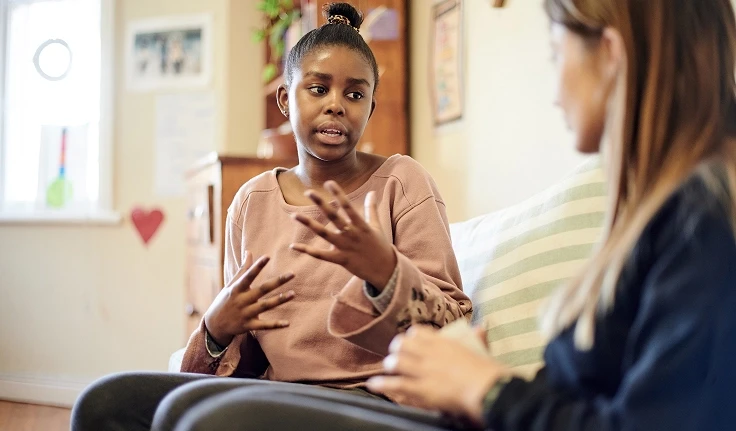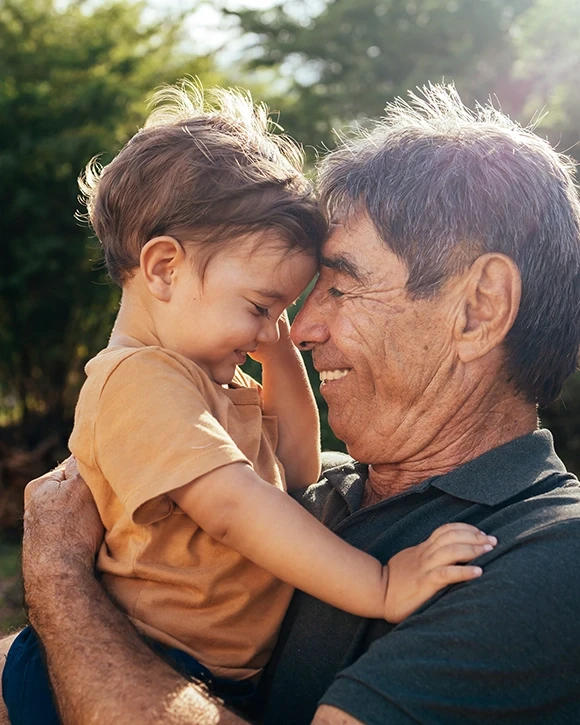
Seneca partners with public agencies and community organizations to serve thousands of youth with complex behavioral health needs each year. Services are family-centered, with parents actively involved in planning and care. This collaborative approach accelerates progress toward stability, self-sufficiency, and long-term success. Seneca’s programs are designed to meet youth where they are — at home, in school, and in the community.
Services We Offer
Outpatient Services
Outpatient Services
Youth mental healthcare that can be accessed in clinics, schools, online, and in the community.
Learn More →Enhanced Care Management
Enhanced Care Management
Support coordinating care for youth with complex needs across different healthcare providers and services.
Learn More →Wraparound Services
Wraparound Services
Comprehensive, family-driven support that helps families navigate challenges, strengthen relationships, and build lasting stability together.
Learn More →Crisis Stabilization & Residential Programs
Crisis Stabilization & Residential Programs
Individualized therapeutic programs where youth experiencing urgent mental health crises receive assessment, stabilization, and treatment in a safe setting.
Learn More →Partial Hospitalization Program (STEP)
Partial Hospitalization Program (STEP)
An intensive, short-term program that provides therapy, skill-building, and connection — helping youth regain balance and confidence in their daily lives.
Learn More →Mobile Response
Mobile Response
Crisis support for youth and families available in homes, schools, and the community – when and where it’s needed most.
Learn More →Juvenile Justice Services
Juvenile Justice Services
Early interventions and resources that help youth avoid further involvement in the court system.
Learn More →Commercial Sexual Exploitation of Children Services
Commercial Sexual Exploitation of Children Services
Trauma-informed services for youth impacted by commercial sexual exploitation, and education and training for public partners.
Learn More →Intensive Community-Based Services
Intensive Community-Based Services
Family-centered care coordination, behavioral supports, and peer coaching for youth and families at home and in community settings to meet their individual goals.
Learn More →Where We Work
See our regional locations for a full list of services offered in each area.
Bay Area
Find us in: Alameda, Contra Costa, Marin, Napa, San Francisco, Santa Clara, Solano, and Sonoma Counties.
Learn More →
